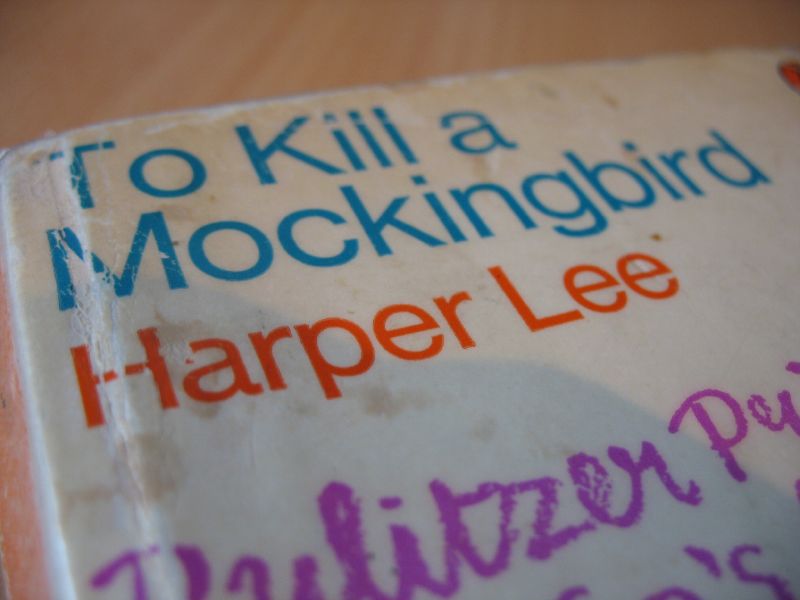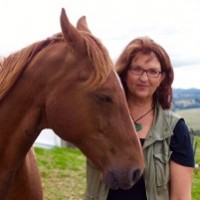Life as a child was probably toughest between the ages of 10 and 13.
Living in a household that was tumultuous with the constant threat of violence, I began to realise that life really shouldn’t be this hard—but I also knew that I was too young to do anything about it.
These were the years before the “must sleep as late as possible hormones” kicked in and my most effective and treasured escape was to wake up early and grab a book from my headboard, which also served as a book shelf, and read until I was forced to get out of bed.
There must have been other books, but the ones I remember being my repeat go-to reads were To Kill a Mockingbird and Huckleberry Finn.
Even as a young child, I was overly intrigued by “the olden days” and country life, and that may have been why those two reads called out to me.
But it was To Kill a Mockingbird that felt like home and was the book that has held residence in my heart and mind. Being raised in the 60s and 70s in a small, white, working class town, when news of segregation and integration dominated—the frequent jeers of racism disgusted me.
To Kill a Mockingbird was a refuge that comforted me and told me, no, you don’t have to think and behave that way. You are right to believe the words you are hearing are full of hate and unnecessary. Harper Lee’s words and the world she created empowered me to stand up and speak my truth.
Lee’s word’s painted such vivid pictures that I felt like I was walking the streets of Maycomb County, Alabama. Interrogating my mother, who is four years Harper Lee’s senior, on her Great Depression era childhood in the dust bowl of Oklahoma (at the age of three, she picked cotton until her fingers bled) and living in a small, rural town myself probably helped fuel my vivid imagery.
My dear older brother Max, knowing how important the story was to me, insisted we go see To Kill A Mockingbird on the big screen when it was offered. From the artistic opening shots showing Jem’s box of Boo Radley treasures to finally getting a glimpse of Boo himself, this is the only movie that lived up to what I imagined while reading the book. And uncannily, little Scout looked just like girlhood photos of my mother and how I’d imagined her to look.
Paradoxically I’m probably one of the only card-carrying Harper Lee admirers who has not read Go Set a Watchman. If I could have gotten my hands on it when I was that youngster, hungry for more, I would have jumped at it. But upon hearing the media reports describing Atticus Finch’s racism, I’ve been afraid of upsetting the very foundation a good portion of my moral integrity was founded on.
As I now have my 93-year-old mother living with me—with Scout-like twinkles remaining in her eyes, sharp as a tack and still full of stories of a similar childhood to Scout—and as I watch my boy, Atticus, outside playing in the country side, I feel the sadness in my heart knowing today a final page has turned and we say goodbye to Harper Lee.
May all of us who were touched by Harper Lee’s work send her love and light with the knowledge that she had a profoundly positive effect on our culture.
And for some of us? Harper Lee just may have saved our lives—or at least our integrity.
Author: Becky Aud-Jennison
Editor: Catherine Monkman
Photo: Jose Sa/Flickr












Read 0 comments and reply